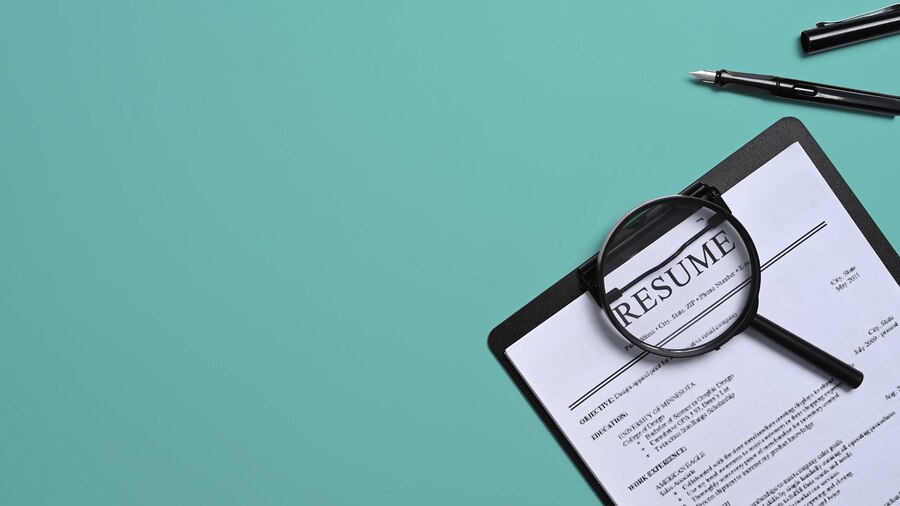Table Of Contents
Skillhubs Tips On How To Write The Best Engineer Resume
Last Updated on: November 16th, 2024
Writing a perfect resume is an art few job seekers can master overnight. And it’s essential for your career, even more so in an industry as competitive as engineering. You want the world (and, more importantly, hiring managers) to know how exceptional of an engineer you are, right? So then, you need to learn what a great resume needs.
Top 7 Skillhubs Tips On How To Write The Best Engineer Resume

#1 Enlist Professional Help
Even the most competent engineer with impressive industry knowledge and years of experience doesn’t always know how to write a resume that gives their career accomplishments justice. So unless you’re confident in your resume writing abilities, it’s a good idea to find Skillhub resume experts that seem reliable and ask for professional help. It’s the best way to ensure that your resume is up to industry standards and writing trends.
There are quite a few things about resumes that most job seekers aren’t aware of. For example, did you know that a resume objective is no longer a thing? Are you familiar with resume keywords? Can you use action verbs correctly? All of this matters and can affect candidates’ chances. Don’t think being a qualified engineer is enough to land a job. Without a perfect resume, it’s not always the case.

#2 Research
But if you decide to write your resume yourself, make sure to do your research. First, learn about the newest industry trends, typical salaries, and expectations for the type of job you’re interested in. The best way to do so is to browse through tons of job listings and resumes on job boards and other relevant platforms akin to Indeed and Monster. Glassdoor reviews can be helpful too.
Next, use advice from career resources akin to Skillhub to find the newest resume formatting standards. If it’s been a while since the last time you looked for a job, some things you would include in your resume might have become obsolete. Finally, don’t forget about keywords. You’ll need to look at dozens of resumes similar to yours to find out which ones you should include in yours.

#3 Write a Perfect Resume Summary
Were you going to start your resume with a resume objective? That means you haven’t done enough research and shouldn’t start writing just yet. While many job applications still include them, they’re a bit old-school and make most recruiters roll their eyes. What you should be starting your resume with instead is a resume summary.
A resume summary is a short (a couple of sentences long) sum-up of your career. Most candidates find it the hardest resume section to write because of how short yet specific it is supposed to be. However, a good resume summary catches the hiring manager’s attention reading your resume and prompts them to keep reading.
For example, if you’re a civil engineer, don’t just write something along the lines of an accomplished civil engineer with professional experience and proven leadership skills. Instead, include the amount of experience you have and a couple of your key achievements (say, successfully led a team of five junior engineers through ten projects).

#4 Be Detailed but Not Too Detailed
Next, you’ll need to write the rest of your resume, including your education, experience, and skills. The key here is to be detailed and specific without overwhelming the recruiter with unnecessary details. Ensure to include relevant numbers, especially regarding your accomplishments (for example, how much has client satisfaction grown since you joined the company).
At the same time, make sure that your resume isn’t too long. A rare recruiter will read a job application with a resume longer than two pages long (ideally, stick to one). But, on the other hand, if you ask a career advice expert, chances are, they’ll tell you that writing a good resume is about learning to be concise yet informative and persuasive. So that should be your goal.

#5 Stick to the Traditional Formatting
It’s great to want your resume to look pretty, but don’t go overboard. Excessively designed resumes with barely readable fonts are recruiters’ nightmare and a sure way to get your resume to end up in the “reject” pile. So while using online resume builders akin to Canva can be helpful, stick to simpler designs that look professional and don’t overshadow the content of your resume.

#6 Use Keywords
Keywords are one of the most important things about a resume. You might be in trouble if you’ve never heard of them or don’t know which keywords to include in your resume. Most recruiters, especially in big companies, use ATS (Applicant Tracking Systems) these days. Unless your resume includes enough relevant keywords, your job application won’t reach the recruiter.
Which keywords to include depends on your industry, the position you’re applying for, and the company you’re interested in. The requirements listed in the job posting should be reflected in your resume (not word-for-word, but still). The same goes for the names of key skills, roles, and tasks that define your career.

#7 Make Sure Your Resume Matches Your LinkedIn Profile
Finally, make sure that if the recruiter reading your resume decides to find you on LinkedIn, they won’t see something entirely different from your resume in your profile. That might confuse them, make your resume look suspicious, and cost you a great job opportunity. Your LinkedIn profile doesn’t have to be identical to your resume, yet they should align.

An Afterword
Getting a great engineering job is as much about knowing how to write a good resume as it is about having relevant engineering skills and experience. To land your dream job, hire a professional resume writer or put enough time and effort into researching and writing your resume. Write a perfect summary, be very specific, and don’t forget to use keywords.
Additional:














